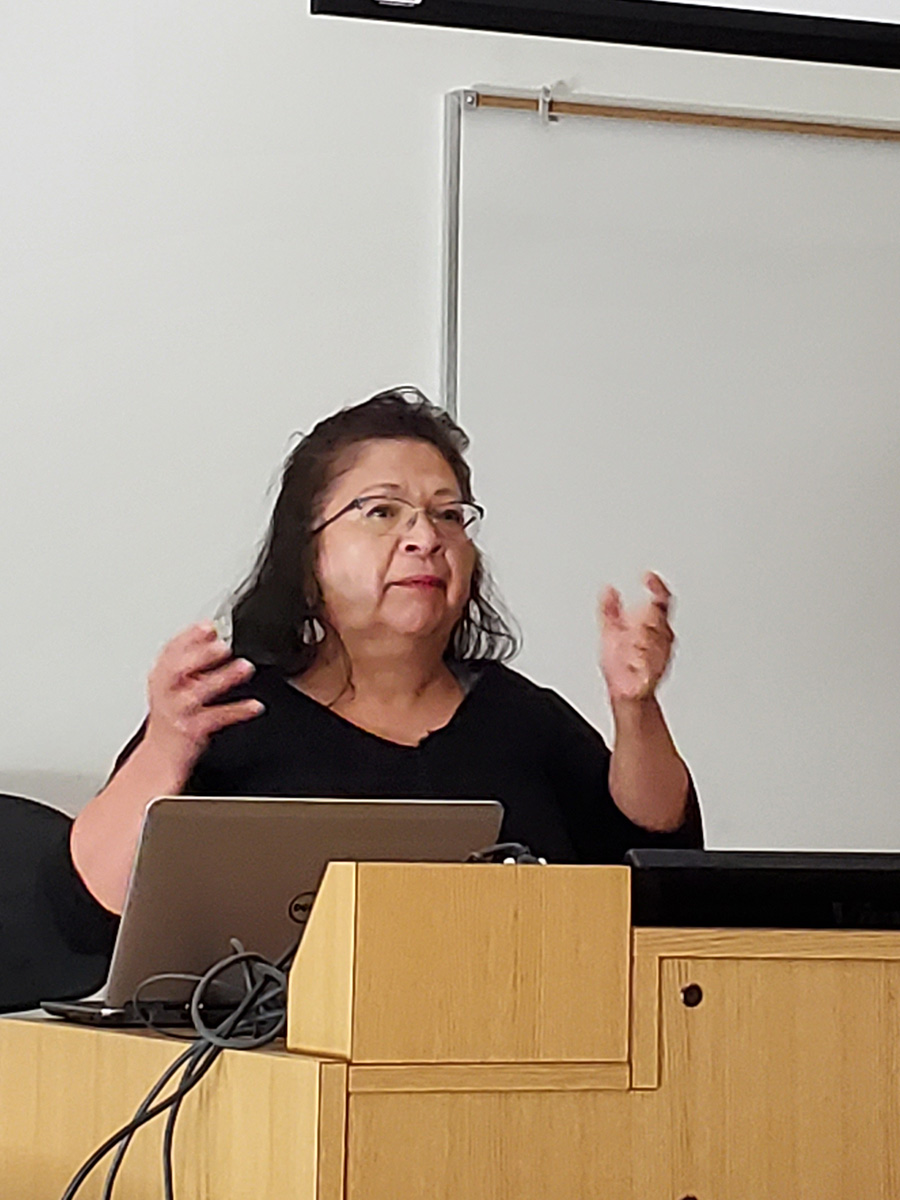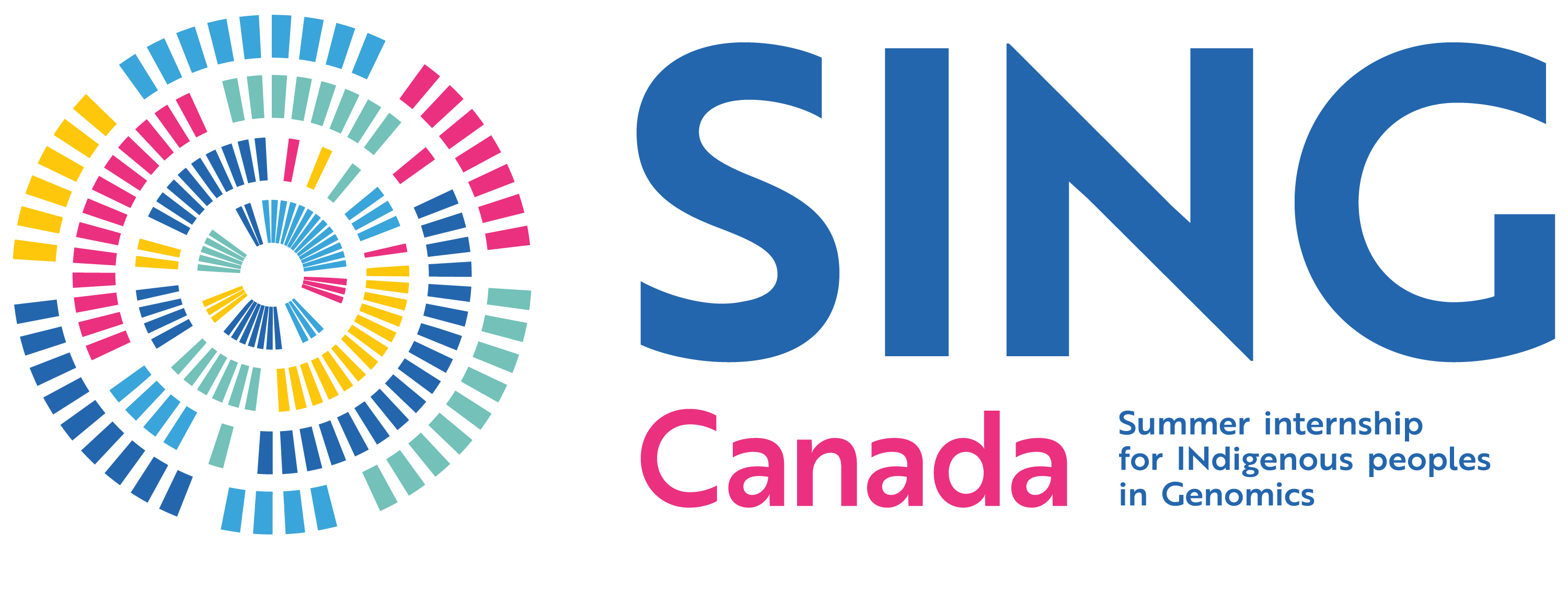Laurie Kariiosta Montour

I wanted to be a biologist before I knew what the word was for it. I went to a small university overshadowed by University of Michigan, which was too big for me. It had a flowering tree from every state and a new ecosystem biology program to celebrate 10 years of Earth Day. Classes were small. There were 4 Native students in the whole of the university. After coming from a big reserve with a few thousand people, I was already homesick and wondering why us young Native adults were treated as if we were oddities from near extinct tribes. In my second year, I did lock my apartment up for 3 months and went home, but decided that if I wanted to change my life from the expected pattern of early pregnancy and alcoholism, I had to commit to something different, and set up a support system of good people to keep me in school. I was extremely fortunate to be chosen to attend a week-long American Indian Science & Engineering Society event in Colorado, where I met dozens of other Indigenous students in similar programs, in universities where they made up a significant population. It was so comforting to be amongst my own, all first-generation university students, holding similar worldviews similar to mine.
When I first started working, I one of the few Indigenous ecologists in Canada. I knew how to write the chemical formulas, but my first real-world job was to figure out with an Anishnawbe and Potawatomi community how to deal with a 22,000 l spill from Ontario’s upstream Chemical Valley. There were no textbooks and the minimal research papers out there did not serve our purposes, so we created a first-of-its-kind research plan to answer questions important to that community. That experience taught me that Indigenous peoples need to create entities that meet our needs, in ways that make sense to us.
Nowadays most Indigenous nations and organizations have natural resource management programs of one sort or another. Genetics is as old as first life; and the issues of ownership and control are as old as first contact with eventual colonizers. The socio-scientific field of genetics is also in exponential growth right now, and SING is a first for Canada to move Indigenous students and professionals forward with the strength and guidance laerned from those ahead of us. This is why I am committed to the goals and participants of the Summer Internship for Indigenous Peoples at University of Alberta, to build a growing cadre of Indigenous professionals in school and eventually into a career. In turn, you too may find yourself in a position to reciprocate.

